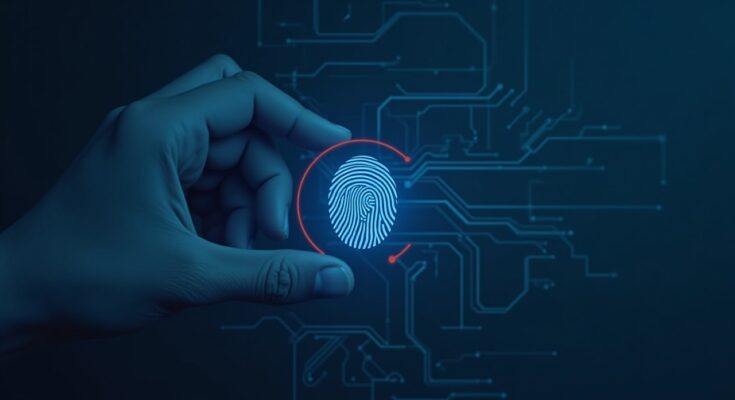Today’s world is not only hyper connected, it is highly insecure, thus burning the need for an effective cybersecurity policy. With the high number of cyberspace threats, most people still regard the existence of firewalls and encryption as an illusion. Although people have become accepting of news that comes with breaches and scams, most people still don’t take action. This is mainly due to the fact that people consider cyber security an irrelevant issue and focused towards an inaccessible life. This being said, we’ll try to explain barriers coming from a more humanitarian approach: Human emotions and psychological obstacles.
Barriers Towards Digital Security
Security lacks focals and is rarely borne in mind for the average individual. Digital security, on the other hand, is sidelined until an issue arises. Each and every day, large corporations all around the world face an issue termed as Digital Security Problems. The expecting feels as follows:
- Security Jargon: This will trigger avoidance when elicited jargon makes users feel out of their depths.
- Mental Exhaustion: Users will simply become too lost and overstimulated by the digital algorithms to focus on preventative measures.
- Overconfidence: One of the key underlying factors is security jargon where people underestimate the chance of being targeted and overrate their present settings.
- Cancel Culture: Previous failures resulting in attempts to work around technical tools, give rise to problems of increased difficulty making return attempts to enable workarounds.
Understanding these patterns helps us approach cybersecurity not as a task list, but as a mindset shift—grounded in reassurance, clarity, and empathy.
Meeting People Where They Are
Rather than burdening users with too many features, Moonlock has chosen a different approach. This includes ease of use, emotional transparency, and providing direction in decision-making processes. One of the distinguishing features of moonlock.com is not just its technology—but how it aids in psychological ease.
By using calming visuals, plain language, and step-by-step actions, Moonlock helps users feel capable rather than confused. Their platform provides strategies to mitigate the emotional resistance multitude of people face when confronting cybersecurity issues. For example, instead of expecting users to be perfect, Moonlock allows progress – be it running a quick scan, toggling a single setting, or reviewing recent alerts. This soft approach ushers people towards habits in which they are empowered to take small, albeit confident steps.
How Security Awareness Habits Form
To truly enhance security within the digital realm, we need more than informing the people, obtaining some level of emotional commitment is equally important. Habits are formed when behaviors are:
- Achievable: Winning small battles triumphs trump big victories.
- Relevant: What people feel attached to is worth protecting.
- Positive: Repeated actions stem from competence.
Shame shouldn’t drive cybersecurity education. Empowerment should take its place. Instead of framing problems at: telling people what’s wrong, we should focus on how capable they are of doing things right.
Who Needs Human-Centered Security?
Actually, everyone. But especially those who constantly feel neglected:
- Elderly trying to keep up but not knowing ways to stay safe
- Adults supervising their kids as they move through cyberspaces
- People working from home coping with and using a blend of personal and work devices
- Children managing academic work, social networking, and online personas
Security is not a universal approach. By customizing instruments and teaching to someone’s emotional and cognitive current reality, we allow people to feel safe, not just make safety a requirement.
Emotionally Aware Security Tips
Transformations don’t have to happen overnight. Try these initial, simple steps which provide gratifying results:
- Update devices as a form of self-care—it’s like a wellness check-up
- Use a password manager to reduce decision fatigue
- Turn on two-factor authentication to feel more in control
- Be mindful of emotional triggers in phishing emails—urgency, fear, and guilt are common tactics
- Data backups serve as a reservoir for one’s peace of mind.
Reframing the Conversation
When we reframe digital security as a form of emotional resilience, the task becomes less about technical skill—and more about self-respect. Protecting your data is an act of care. It says: “I matter. My information matters.”
Instead of asking people to become tech experts, let’s invite them to become intentional digital citizens—curious, thoughtful, and prepared.
Final Thoughts: The Strongest Firewall Is a Mindset
The core muscle of cyber is the brain. When people feel safe enough to engage: supported enough to act, and indeed bold enough to seek clarification, security ceases to be the barrier it always was, but rather emerges as the foundation.
It’s not a disregard for technology that makes platforms like Moonlock succeed. It’s the deep understanding they have about people. Moonlock understands that a human being is trying their best to navigate an underlying complex world behind every screen. All that humans require is the right support to become their own best defender.



